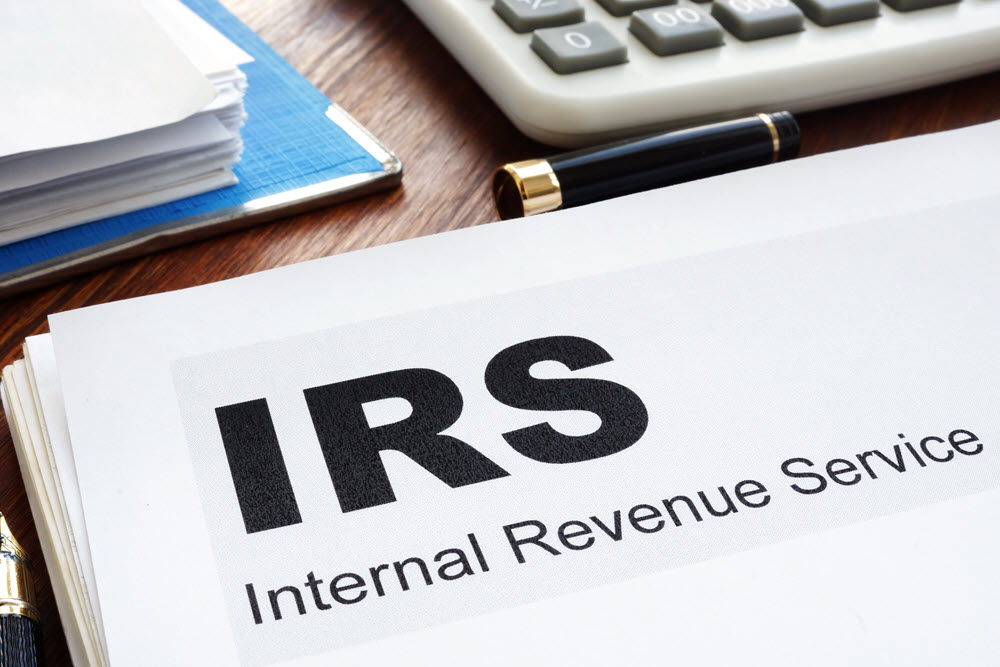On April 10, 2023, the Internal Revenue Service ("IRS") issued Announcement 2023-11 and published proposed regulations (REG-109309-22) ("Proposed Regulations") announcing its continued efforts to identify and combat abusive micro-captive transactions.
Definition of Reportable Transactions
A reportable transaction is any transaction that requires information to be included with a return or statement because the Secretary of the Treasury (“Secretary”) has determined, under regulations prescribed in section 6011, that such a transaction has the potential for tax avoidance or evasion. The Secretary will generally issue notices to inform taxpayers that a transaction is reportable. A “listed transaction” is a reportable transaction that is the same as, or substantially similar to, a transaction specifically identified by the Secretary as a tax avoidance transaction. Generally, when a transaction is classified as a listed transaction if examined, the IRS will disallow any item associated with that transaction, and the IRS Appeals Office will have limited ability to accept a taxpayer's attempts to substantiate such transaction. Therefore, these types of transactions will often result in litigation. A “transaction of interest” is a type of reportable transaction that the Secretary and the IRS believe has the potential for tax avoidance or evasion, but they do not have enough information to determine if a transaction should be identified as a listed transaction.
Consequences of Failure to Disclose Reportable Transactions
Reportable transactions are disclosed to the IRS on Form 8886, Reportable Transaction Disclosure Statement, and must be filed by all parties. On Form 8886, taxpayers must describe the transaction sufficiently for the IRS to understand the tax structure and identify all parties involved.
The IRS can levy hefty penalties on taxpayers, and material advisors, who fail to disclose a reportable transaction properly. The penalty is 75% of the tax benefit associated with the reportable transaction, subject to a maximum of $200,000 for listed transactions and $50,000 for other reportable transactions, including interest transactions. Additional penalties, such as the 20% accuracy-related penalty for understatement of tax, can also apply.
Notice 2016-66, Litigation, and Proposed Regulations
In 2016 the Treasury and IRS published Notice 2016-66 (“Notice”), which identified certain micro-captive transactions as transactions of interest and subjected such transactions to the reporting requirements and penalties previously discussed. The Notice required taxpayers involved in micro-captive transactions to disclose whether the captive is reporting because the 70-percent loss ratio factor was met for the taxable year, the financing factor was met, or both. The captive was required to report the subject authority the captive charters, the types of coverages provided, how amounts treated as premiums are determined, any claims paid by the captive and the amount of, and reason for, any reserves reported, and the assets held by the captive during the year(s) of participation.
Under the Notice, insurance companies in the Finance & Insurance (“F&I”) space have generally been subject to some level of disclosure based on the types of products reinsured to an F&I captive.
Since the issuance of the Notice, significant litigation ensued. Specifically, in CIC Services, LLC vs. IRS[1] the taxpayer challenged, on procedural grounds, the IRS’ issuance of the Notice and that such distribution violated the Administrative Procedures Act's ("APA") Notice and comment procedures required under the APA before a regulation can become effective. Other cases have also been brought in various federal courts challenging similar notices issued by the IRS informing taxpayers of new reportable transactions, and many claiming such notices violate the APA.[2]
Consumer Coverage Arrangement Exception
The Proposed Regulations make obsolete the Notice and announce the intent to issue Treasury Regulations imposing disclosure obligations similar to Notice 2016-66. The Proposed Regulations also classify certain micro-captive transactions as listed transactions while others remain transactions of interest.
The Proposed Regulations provide a limited exception for the F&I industry and F&I captives known as the Consumer Coverage Arrangement exception.[3] If the exception's requirements meet, an F&I captive transaction will not be considered a listed transaction or a transaction of interest and will generally be exempt from the disclosure obligations. In crafting the exception, the IRS recognizes that sellers of consumer coverages, such as vehicle service contracts, as a general matter, are not the abusive micro-captive arrangement target because the insured (i.e., the customer or other third party) is not sufficiently related to the insurer or any reinsurer (i.e., the F&I captive).
To qualify for the exception, an insurance company must meet specific requirements. These requirements include: (1) the insurance company must be [4]a related Seller and must issue or reinsure some or all of the contracts sold to unrelated customers in connection with the products or services sold by the Seller; (2) 100 percent of the insurance risk must be associated with these products; and (3) the commissions and other fees associated with such products must meet a minimum threshold.
Public Comments and Hearing
The IRS has requested that parties interested in the Proposed Regulations submit public comments by June 12, 2023. The IRS will hold a public hearing on July 19, 2023. MarksNelson intends to provide a comment letter requesting clarification associated with certain technical aspects of the proposed exception.

